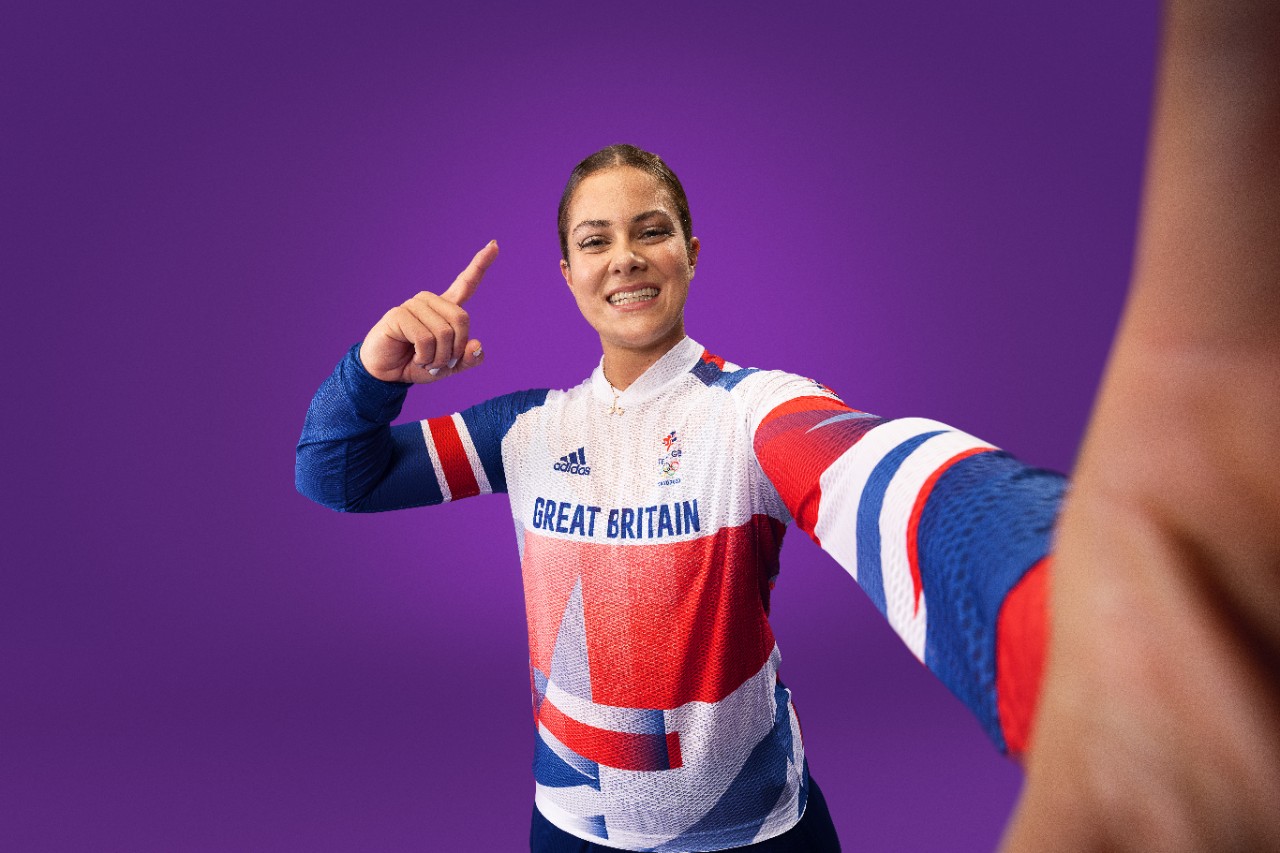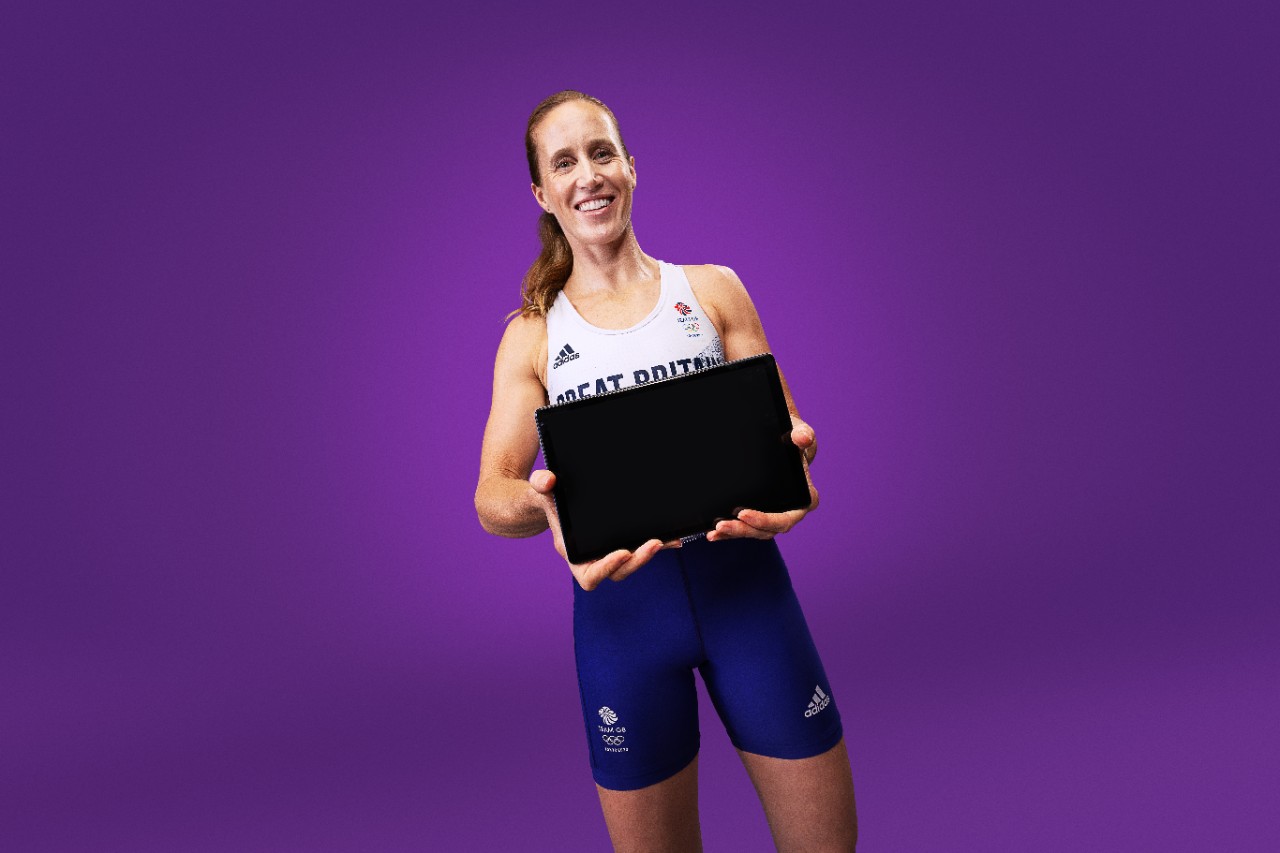Proud partner of Team GB.
NatWest mortgages are available to over 18s. Your home or property may be repossessed if you do not keep up repayments on your mortgage.
Looking for a new mortgage?
First home
It can be daunting when you are looking for a first time buyer mortgage, but we're here to help.
Remortgage
If you're coming to the end of your mortgage deal, you may want to move your mortgage to a new lender.
Moving home
Understand mortgages if you're moving home including possible costs, deposits and more.
Buy to let
Learn about your mortgage options if you're buying a property with the intention to rent it out.
Step 1: Find out what we could offer you
- Get a personalised indication of how much you could borrow in less than 10 minutes.
- It won't impact your credit score.
Step 2: Ready to apply for your new mortgage?
- Apply online today or contact us if you'd like support.
- Save progress and come back whenever you like.

Mortgage calculators
Our mortgage calculator hub has all of the tools that can help you find the right mortgage. Find out what your payments might be, how they might be changing and how you can manage your money.

Mortgage rate finder
Use our mortgage rate finder tool to view our current mortgage rates and find out what your monthly payments might be. Filter rates by buyer type, fixed or tracker rate mortgages.

How much can I borrow?
You can find out how much we might be able to offer you with this calculator before completing an agreement in principle. Every lender has different requirements.
Learn about home-buying with our mortgage guides
Getting a mortgage can seem tricky. There are lots of different factors to consider and different types of mortgages to compare.
We’ve created some mortgage guides to help you through the process.
Download general information about mortgages
Please take the time to read the information below before taking out a mortgage

